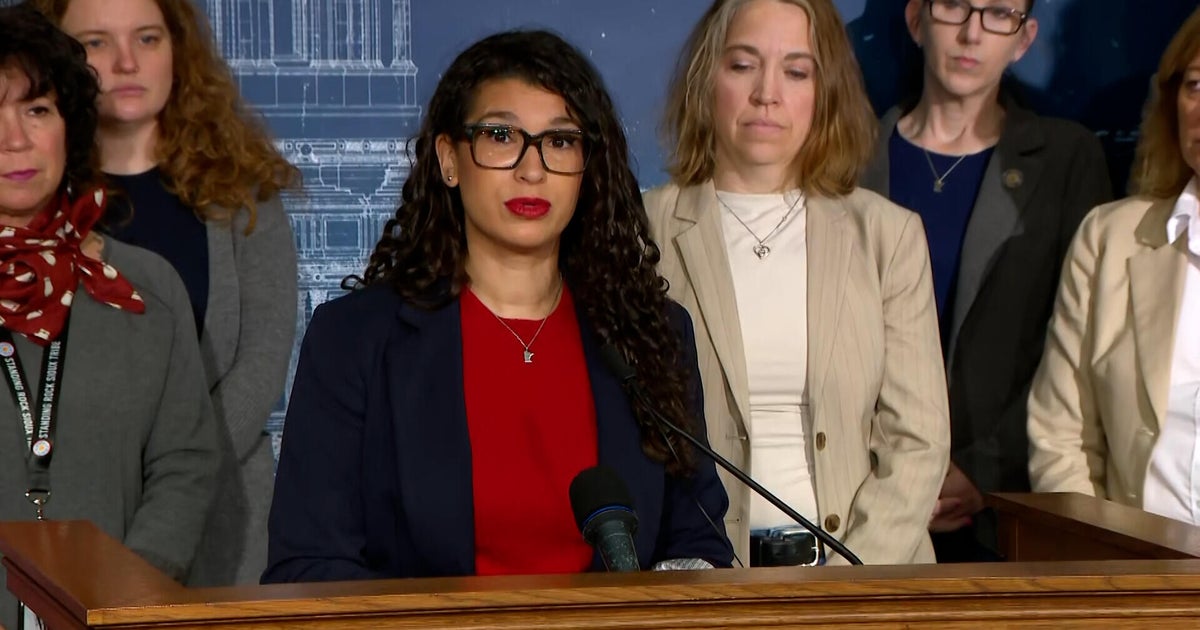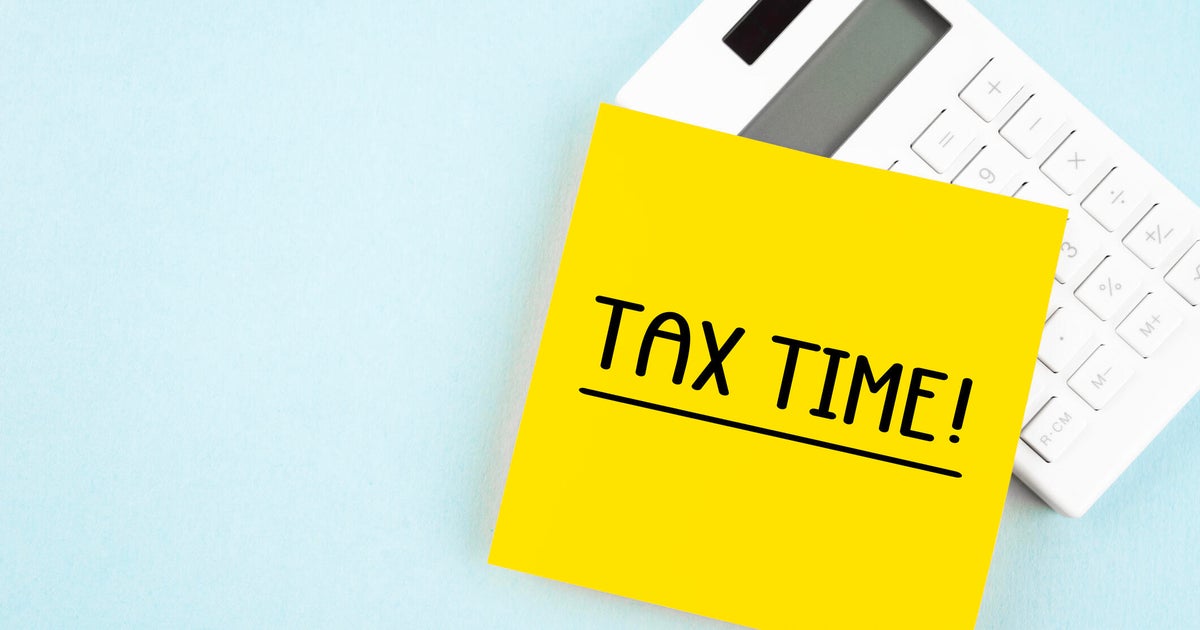Buying a home? Here's how much rising mortgage rates will add to the cost.
House-hunters across the U.S. are confronting a painful reality: Rising mortgage rates are adding thousands of dollars to the cost of buying a home.
In April, average interest rates on a standard 30-year fixed mortgage were nearly 2 percentage points higher than a year ago, according to real estate data firm CoreLogic. Including monthly principal and interest, a median-priced home around the U.S. was 50% pricier than in April of 2021.
Mortgages rates have soared since the Federal Reserve announced in March that it was raising its short-term borrowing rate for the first time since 2018. As expected, the Fed on Wednesday said it is raising its benchmark rate 0.5% — the sharpest increase since 2000 — as policymakers try to check inflation.
Here's what means in dollars and cents: Someone buying a $250,000 home with a 30-year fixed loan at last week's average rate of 5.3% will pay $3,300 a year more compared to the mortgages in April 2021, according to figures from the National Association of Realtors (NAR). A $429,000 house — the median price of a home, according to the St. Louis Federal Reserve Bank — will cost an additional $5,640 per year. A $1 million home would mean an extra $13,260 a year in mortgage payments, NAR's figures show.
"This extra cost could make it even more difficult for some would-be homebuyers to navigate what will probably remain a pricey housing market," Jacob Channel, a senior economic analyst for LendingTree, said in a new report.
In Ohio, for example, the average mortgage rate has shot up to 5.33%, up from 3.94% in January. A typical mortgage in the state is $241,000, so that means roughly $200 per month in extra costs, or nearly $2,400 per year. In pricey California, the extra payments come to more than $4,800, according to NAR.
Nationally, rising interest rates have caused new mortgage payments to rise by an average of nearly $259 — that adds up to more than $93,000 over the life of a 30-year loan, the group said in a new analysis.
Mortgage rates are rising now as residential real estate prices continue to increase, pushing the dream of homeownership beyond the means of many middle-class Americans, who must compete against investors and higher-income buyers. As rates climb, more homebuyers are opting for adjustable-rate mortgages — one of the financial products blamed for the 2008 housing crash.
Although home loan costs don't usually rise directly in line with the Fed's benchmark rate, long-term mortgage rates generally track yields on the 10-year Treasury. Treasurys are affected by a range of economic factors, such investor demand and inflation expectations.
Economists don't expect mortgage rates to drop anytime soon. Analysts at PNC Financial Services Group expect the Fed to raise interest rates half a point on Wednesday in hopes of slowing the crushing inflation impacting U.S. households. Mortgage lenders are likely to follow suit.
Although that would boost housing costs, it also could make it easier for some home buyers to clinch a deal as more budget-conscious purchasers drop out.



